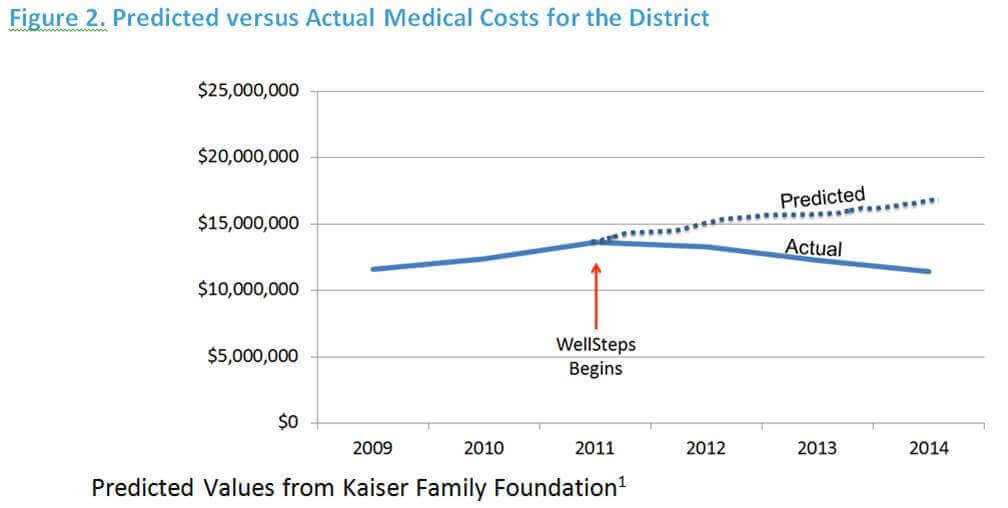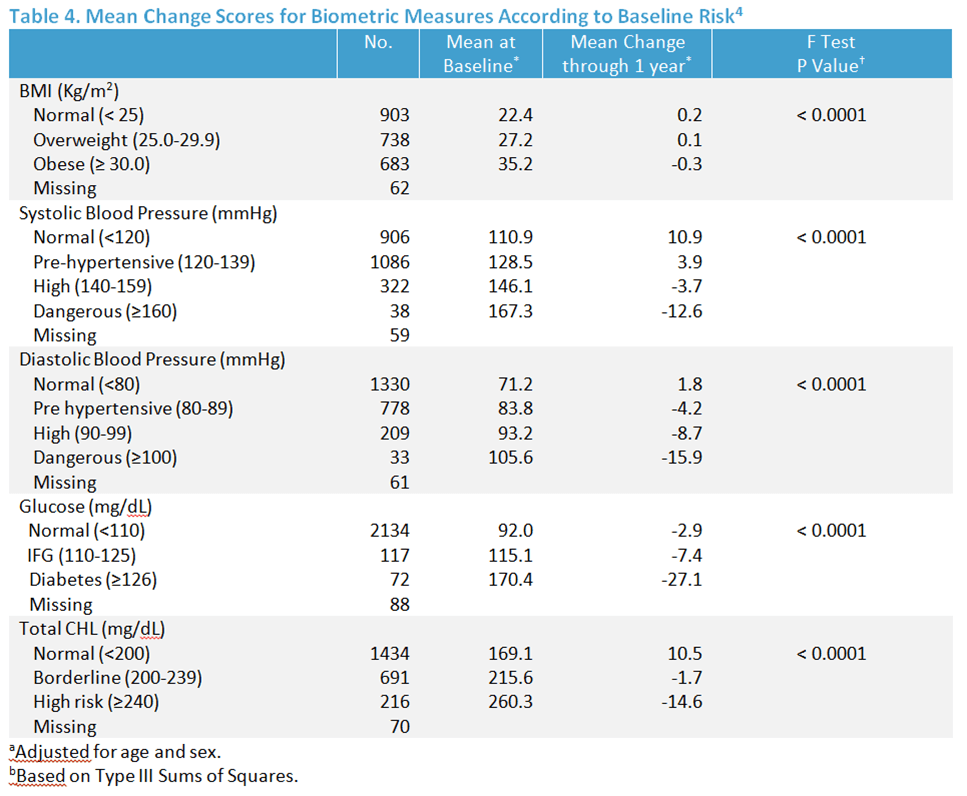Understanding Cognitive Load and Its Impact

Cognitive load theory explains that our working memory is limited in capacity and duration, meaning that when too much information or too many tasks are presented simultaneously, mental fatigue can easily set in. The theory, originally developed by John Sweller, illustrates that excessive cognitive load impairs our ability to process new information and make decisions, especially in environments where constant interruptions occur[1][5]. In wellness apps, this means that presenting users with a high density of raw data or frequent alerts can overload their cognitive resources, undermining focus and decision-making abilities.
The Problem of Notification and Alert Fatigue

Alert fatigue arises when users are bombarded with repetitive or irrelevant notifications, leading to a reduced responsiveness over time. Studies within the clinical decision support context have shown that repeated alerts, especially those with low relevance, can result in users overriding important notifications and contribute to mental exhaustion[2]. This phenomenon mirrors experiences in everyday wellness apps, where an overload of data-dense notifications may not only fail to engage users but actively diminish their ability to process vital health-related cues.
Adaptive UX Strategies and the Importance of Relevance

Wellness apps are increasingly turning towards adaptive user experience (UX) strategies that prioritize relevance over sheer metric volume. By leveraging context-aware notifications—alerts that are triggered based on sensor data such as location, movement, and time of day—apps can deliver messages at moments when users are most likely to be receptive. For example, research on self-monitoring apps has demonstrated that push notifications containing tailored suggestions significantly improve engagement, particularly when these suggestions are aligned with the user's recent behavior and context[3]. Similarly, studies comparing sensor-driven versus pre-determined notification schedules indicate that context-aware timing can result in higher response rates, as notifications are sent when the user's circumstances make them more likely to interact with the app rather than simply being overwhelmed by a data-heavy interface[6].
Balancing Data Density with User-Centric Design
Context-aware notifications matter more than a raw abundance of data because they help reduce extraneous cognitive load. When notifications are intelligently timed and content is tailored, users receive information that is immediately relevant to their context, which minimizes the disruption of routine tasks and avoids the pitfalls of alert fatigue. This approach not only facilitates better engagement with the app's core wellness functions but also supports more effective self-management of stress and health behaviors by aligning with the user's actual needs. Adaptive UX strategies that focus on relevance over high data density ensure that users are not continuously forced out of autopilot or overwhelmed with unnecessary information, thereby protecting their limited cognitive resources and maintaining long-term engagement[1][5].
Conclusion

In summary, cognitive load theory underscores why the human brain is susceptible to mental fatigue when bombarded with excessive information, a challenge that is compounded by notification fatigue. The evidence from clinical, behavioral, and real-world app usage studies emphasizes the benefits of adaptive, context-aware notifications. By utilizing sensor data and tailoring the timing and content of alerts to fit the user's immediate context, wellness apps can significantly reduce unnecessary cognitive strain. This user-centric approach not only improves engagement and responsiveness but also ensures that the delivery of health-related messages is both effective and efficient, avoiding the pitfalls associated with high data density and irrelevant notifications[2][3].
Get more accurate answers with Super Pandi, upload files, personalized discovery feed, save searches and contribute to the PandiPedia.
Let's look at alternatives:
- Modify the query.
- Start a new thread.
- Remove sources (if manually added).

